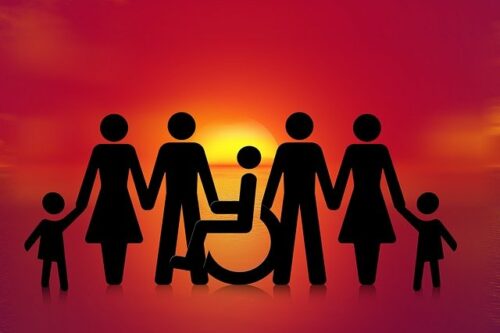Using Inclusive Language for All Marginalized Communities
As communication professionals, we are responsible for keeping up to date on inclusive language. But what exactly does inclusive language entail?
PR Daily notes that “language that isn’t inclusive can feel harmless, or even have strong historic ties” for certain gender identities and ethnic backgrounds. Abbie suggests that using inclusive language can go further and should include things like age, ability/disability, education, skill sets and mindsets.
Musician Sia has been under fire recently for how she has represented the autistic community in her movie “Music.” While she claimed to have worked with leaders in the neurodivergent communities, she went against their advice and cast an abled actress, Maddie Ziegler, to play the main character, instead of casting an actress who is autistic.
After gaining nearly 30,000 signatures to cancel the film, Sia took to Twitter to explain her missteps and revealed more about the movie that has yet to be released. Not only were there no individuals with autism consulted on the film but it also contains harmful, inaccurate and outdated forms of treatment like using restraints and shock therapy.
Sia’s course of action has failed the disability community. Instead of cancelling or re-casting the film, which would have been more authentic and inclusive, she decided to put a warning label on the movie and cut out scenes of restraint abuse.
As a wildly famous singer/songwriter for the last two decades, she could afford to take the hit on losing the money from this film. She had a chance to work with the autistic community and show what life is like for neurodivergent people. But now it is the autistic community that takes the hit as this movie continues to enforce harmful stereotypes.

